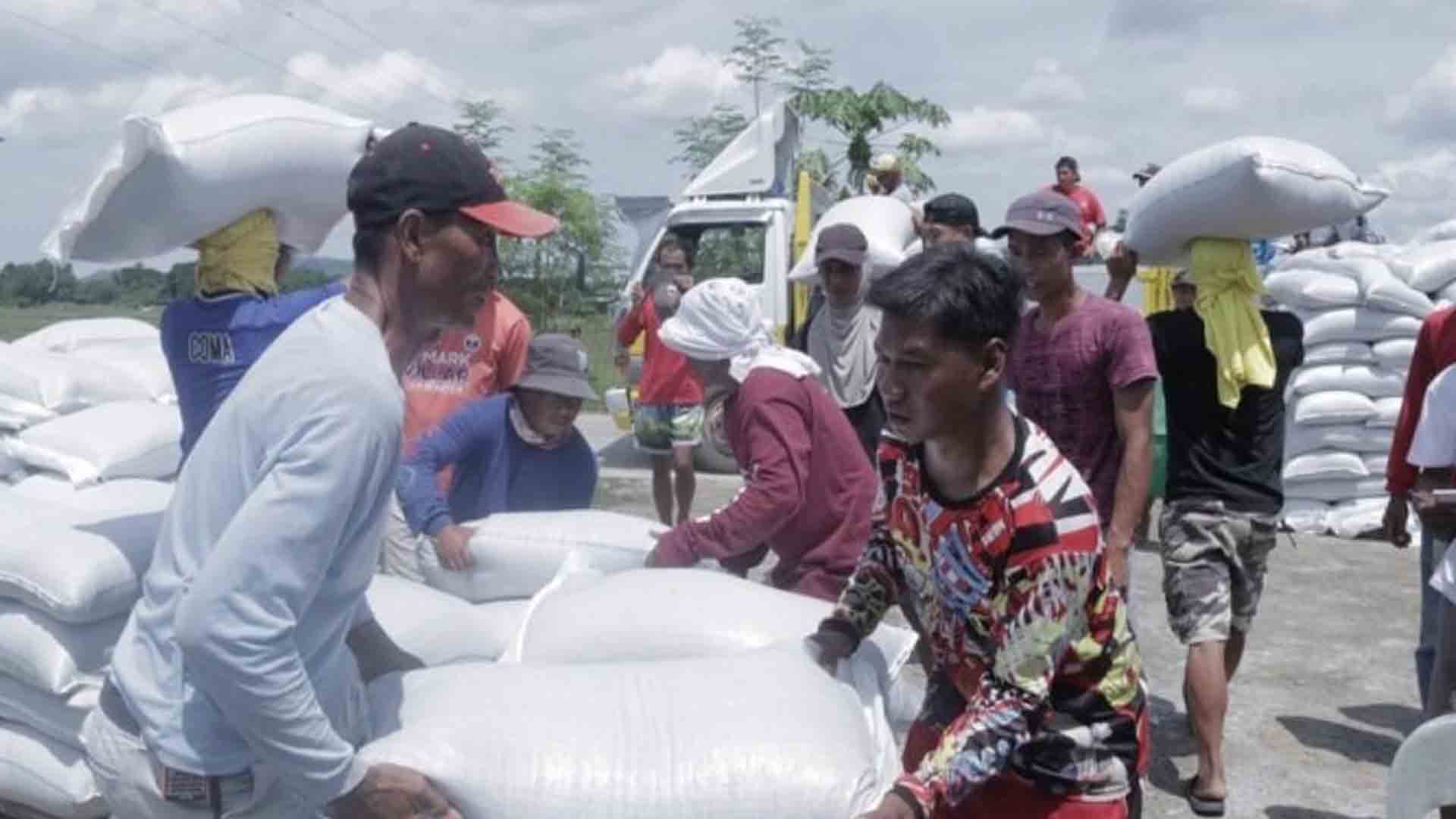On a bright sunny day, Francis Ventura counts the sacks of dried mung bean (monggo) he harvested from a 3.5-hectare farm in Barangay Barong, Dingras, Ilocos Norte.
The harvests will turn into cold cash as Nutridense Food Manufacturing Company, based in Santa Barbara, Pangasinan, will pick them up for food processing.
For three years in a row now, at least three farmers’ groups, including Ventura’s, agreed to adopt a mung bean farming technology that aims to lessen the cost of commercial fertilizer and improve the quality of production through integrated pest management.
For the three farmers’ groups (CSDCS, United Barong Kalawaan, and Lanas Timpuyog Farmers Associations), change is not difficult as they were guided along the way by researchers and field workers from the Department of Agriculture (DA).
“I feel so lucky and blessed for being part of CPAR (Community-based Participatory Action Research) of the DA. We learned that balanced fertilization and good agricultural practices are the keys to increasing our productivity,” the 32-year-old Ventura said in an interview.
Though farmers were hesitant at first to follow the combined technologies, Ariel Agresor, the project leader of DA-CPAR, said that he is “happy and proud” of what the farmers have become as they were able to overcome their initial skepticism and are now making more money for their families.
“They used to apply excessive commercial fertilizers and pesticides but we were able to reduce it to two bags from the usual 7 to 8 bags per hectare. With balance fertilization, seeding rate, and integrated pest management, we were able to reduce their cost of production and they earn more,” he said.
Through a market matching agreement with Nutridense and the farmer-cooperators of Dingras town that are into mung bean growing, farmers here are set to deliver 100 tons (100,000 kilos) of mung bean valued at PHP6.8 million.
According to Agresor, half of it was already paid to the farmers on May 24.
The remaining 50 tons will be due next week, pegged at PHP68 per kilo.
Agresor said farmers earn more when they consolidate their produce and sell it directly to a big company like Nutridense.
“We are thankful to the DA for helping us find a ready market for our products. We did not only learn new technologies but also became better agripreneurs,” Virgilio Batoon, one of the farmer-cooperators of the three-year research project which will end this year, said in an interview.
Even if the project will soon expire, Agresor assured farmers that they already established long-term cooperation with the company that agreed to buy their produce up to a maximum of 300 tons.
As the demand for mung bean is high, the DA is also considering expanding the project in other municipalities of the province such as in Vintar town.
Aside from mung bean, other cash crops like kamote (sweet potato) and peanut production are also being considered to adopt the same concept and hopefully, make the life of farmers a little bit sweeter. (PNA)







